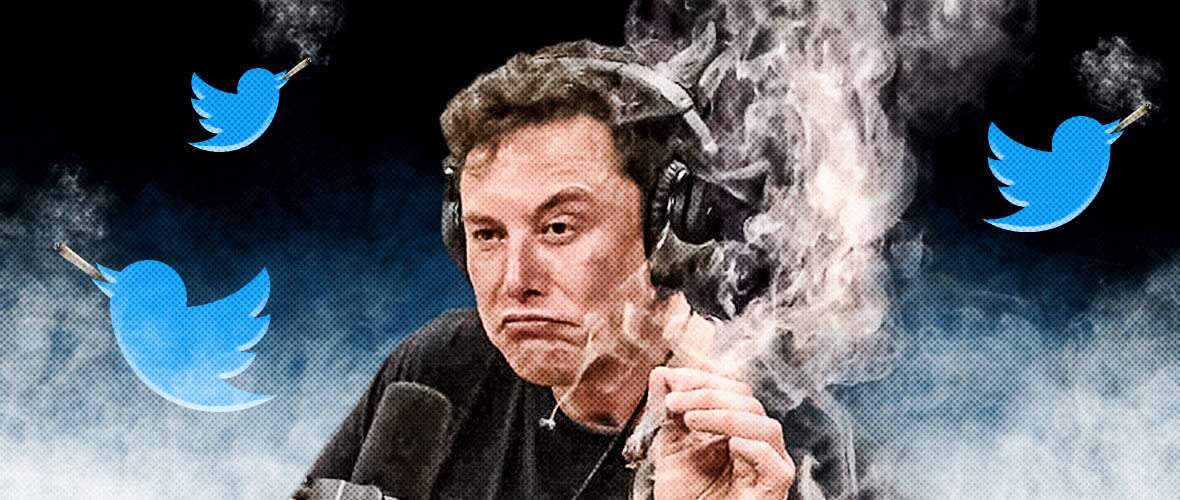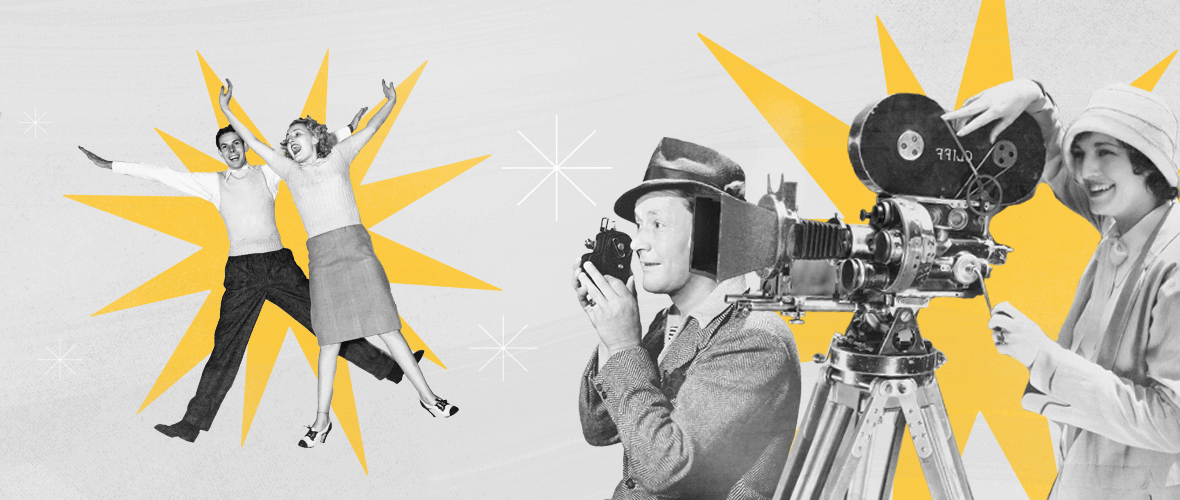This Historical Moment is Brought to You by Facebook
It’s hard to overstate the role that social media has played in American politics over the last decade, but the fact that Hillary Clinton referenced a massive secret Facebook group in her concession speech should say it all.
Just last Saturday, millions gathered around the world to march in support of women’s rights, and it all started with a Facebook event born out of frustration on election night. As the story goes, after asking friends how to create an event page, Teresa Shook, a retired attorney in Hawaii, sent out an invite for a women’s rally in Washington. She went to bed with the RSVP of 40 friends, and woke to find 10,000 more had joined.
Fast-forward a few weeks, and veteran organizers and experienced activists had taken the wheel to do the difficult work of helping secure permits, sponsors, support and volunteers. As the event came together offline with the help of seasoned planners and big names, word of the march spread with the use of the same outlet where it all started – Facebook.
Friends invited friends, users shared it on their timelines and in community groups, stories were created as new users joined the cause and new event pages were developed as sister marches spread to new cities. Millions around the world were proving that when social activism is no longer enough, it still provides the opportunity to create something that could be.
But as users learned of the demonstration that would prompt them to purchase plane tickets, book hotels, plan road trips, knit hats and craft signs, the Women’s March on Washington was mostly unacknowledged offline. Dedicating news coverage to the presidential transition, an impending inauguration, and political predictions, most traditional news outlets didn’t mention the march until the week of the event – even as millions of energized people accessed sign artwork templates, the event’s mobile app and its Spotify playlist.
According to The Washington Post, ABC’s “World News Tonight” first briefly mentioned the movement on January 18 and “NBC Nightly News” didn’t report its first story on the march until January 19. But in the end, millions from different backgrounds, races and religions all came together. An estimated 600 marches were held around the world, spanning all seven continents. And it was all done without the use of traditional media or event marketing tactics.
The Women’s March on Jan. 21 is estimated to have been the largest protest in American history – and it all started with a single Facebook post. Its success has spurned the planning of a Scientists’ March on Washington, a Climate March on Washington, a Tax March on Washington and an Immigrants’ March on Washington, just to name a few. And this time, the mainstream media is paying attention.





